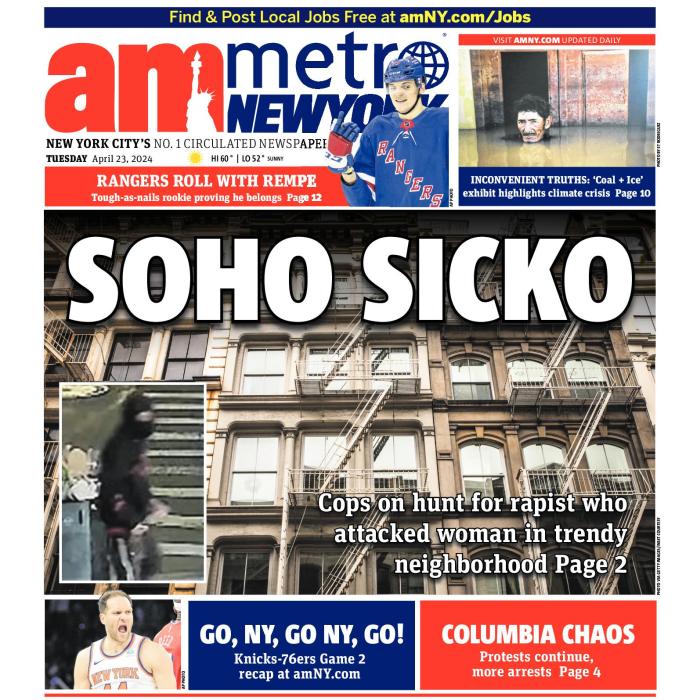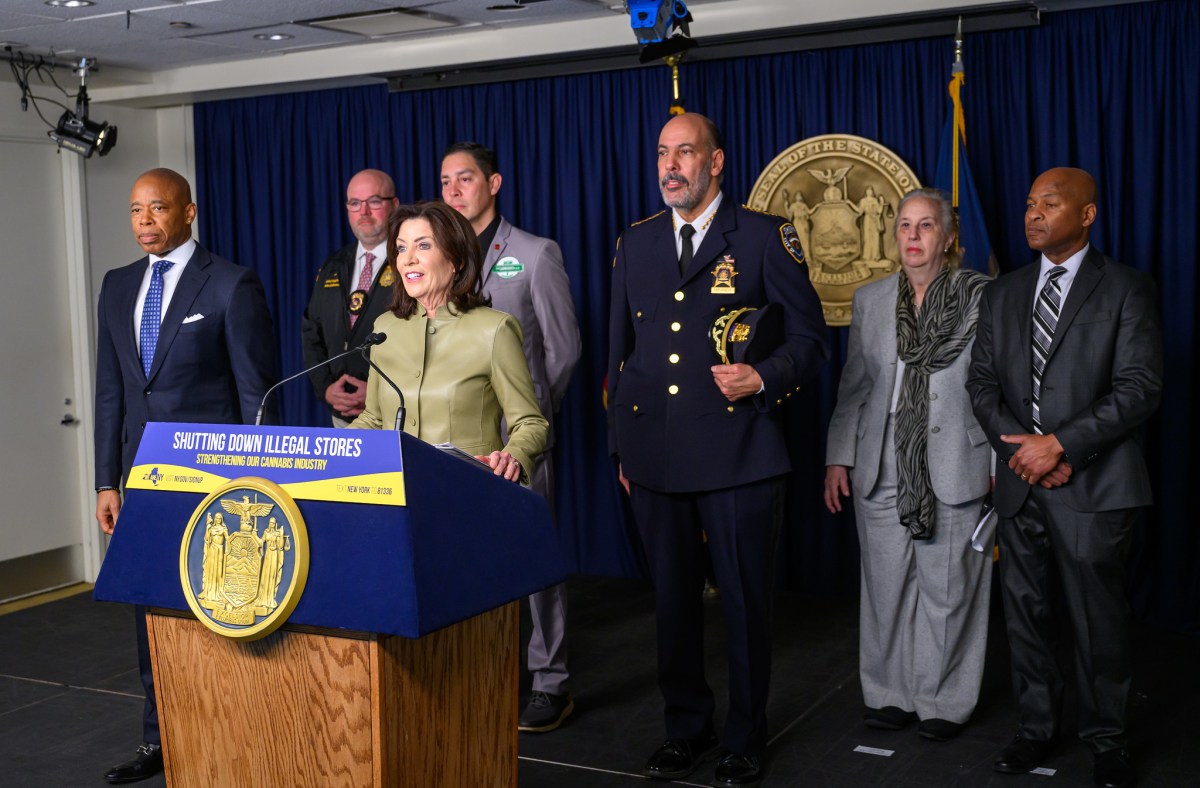The battle to boost earnings for low-wage workers has come to New York’s dinner tables.
A state Department of Labor’s wage board yesterday held its first hearing on changing pay rules for New York’s waiters, deliverymen and other hospitality workers who rely on tips.
Advocates want the state to hike pay for tipped workers up to the state’s minimum wage; these employees can currently be paid as low as $5 an hour because of income from tips, though companies must compensate a worker if earnings fall short of the minimum.
“A tip should not be a wage, it’s a gratuity,” said Tsedeye Gebreselassie, staff attorney with the National Employment Law Project, which is calling for an end to sub-minimum wages for tipped workers with the 1 Fair Wage Coalition. “It should not be something a worker has to rely on for their livelihood.”
The three-member Labor Department board was required to look at pay-for-food service workers and service employees under last year’s law that increased the minimum wage to $8 and up to $9 by 2016. The wage panel has until February to make its recommendations to the Labor Department commissioner, who will then accept, reject or modify them.
The 1 Fair Coalition wants workers to make the state minimum wage on top of tips and end the long-established practice of letting servers and hospitality industry employees make their income from gratuity.
NELP says New York has nearly 230,000 tipped workers, according to 2013 federal data. California, Washington and Oregon are among the seven states that recently hiked pay for servers.
And while waiters at tony eateries can earn a good living in New York, Gebreselassie said these are exceptions; median hourly wage for these workers last year was $9.60 an hour after tips, according to NELP’s report.
“While there may be a few servers that are doing pretty well, the truth is the vast majority of tipped workers do not work in high-end establishments where they can make good money,” she said.
Jay Holland, government affairs coordinator at the New York State Restaurant Association, warned that hours and positions would be cut to make up for the higher labor costs.
“That raise will be on the business owner and when the business owner incurs more cost … they may cut hours, they may cut employees, they may raise menu prices,” Holland said.

















